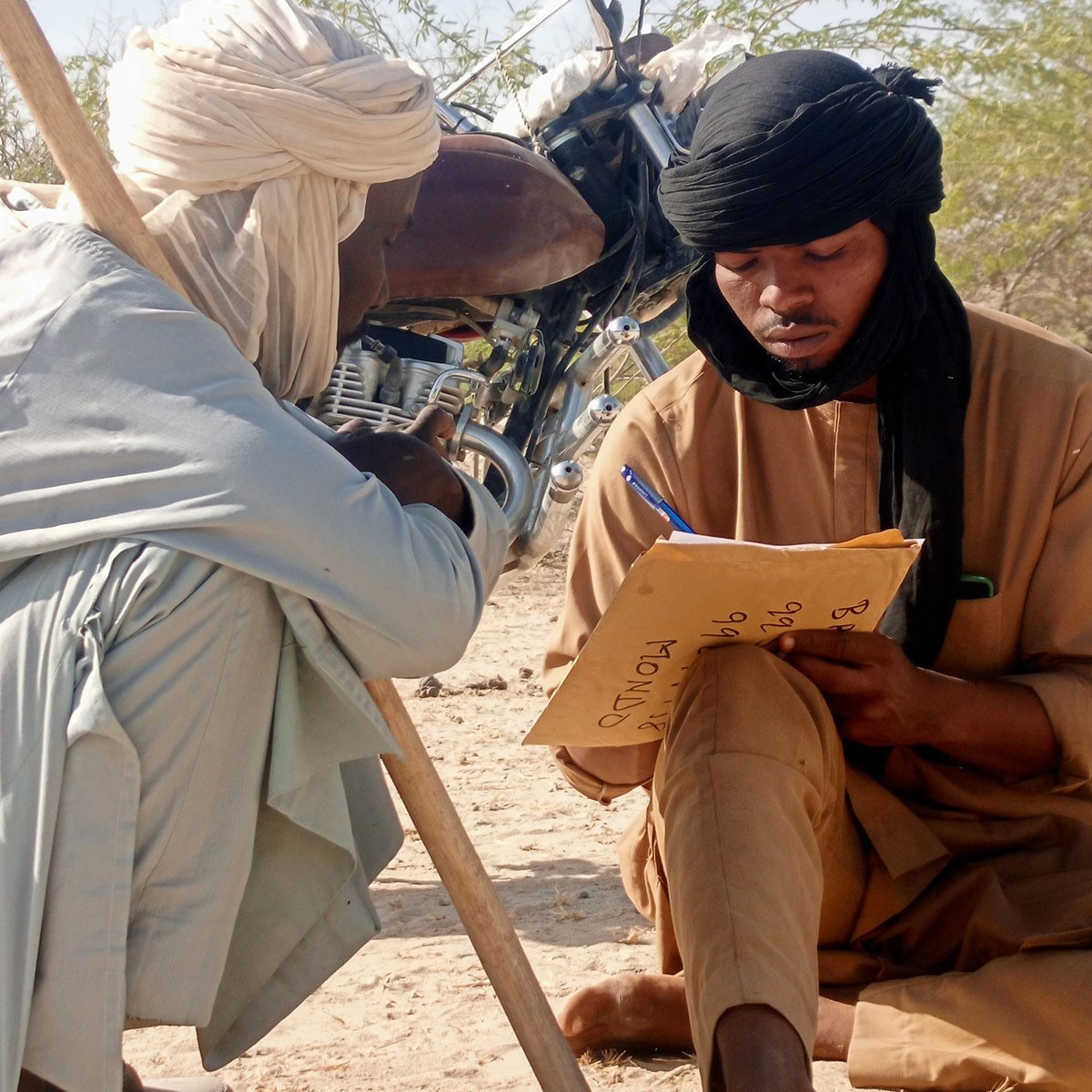
Nomadic pastoralism
The project ‘Support for the drafting of reports on nomadic pastoralism by GIZ and Voice4Thought (V4T)’ aims to strengthen social cohesion and reduce polarization, particularly in pastoral areas where violence is frequent.
For several years, Chad has been marked by recurring conflicts between herders and farmers, which have had a profound impact on the social cohesion of the communities concerned. According to a report by the Crisis Group, between 2021 and 2024, more than 1,230 people were killed and more than 2,200 injured in various agro-pastoral clashes in the south and center of the country[1]. Rural populations are particularly vulnerable to this insecurity. These conflicts often take on an ethnic and religious dimension, exacerbated by political rivalries that fuel community divisions. Social and emotional polarization is very often reinforced by the spread of discourse on social media. Despite measures taken by the government to prevent this violence, the risk of atrocities remains high, threatening the ties between herders and farmers.
The project trains journalists to produce depolarizing stories to counter often sensationalist and inaccurate “bad buzz.” The articles written by participants after their investigations in Mao, N’Djamena, Pala, Chari-Baguirmi, and Doba highlight positive and inclusive alternatives to combat these phenomena.
[1] Crisis Group Africa Briefing No. 199, Nairobi/Brussels, August 23, 2024.

